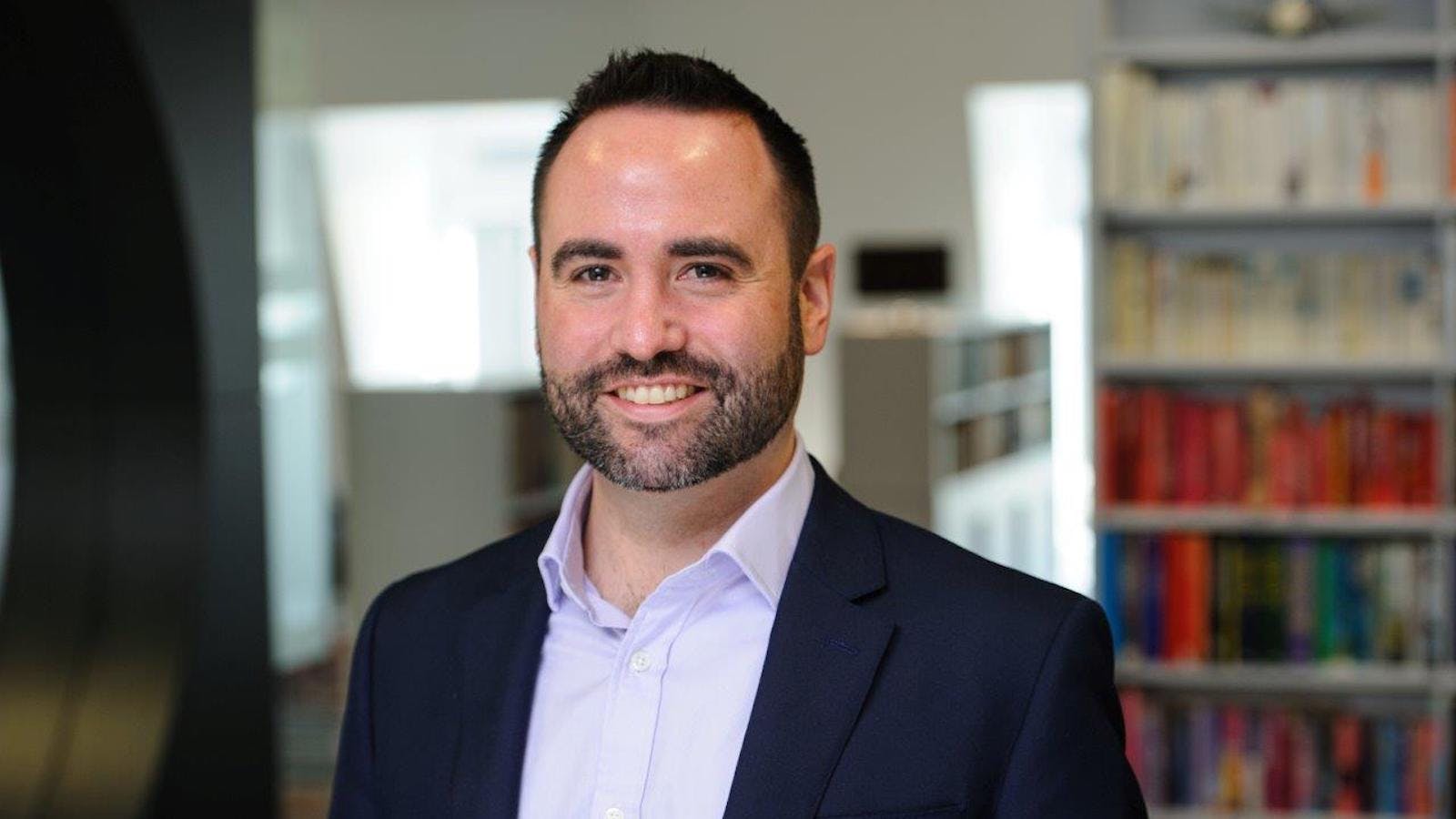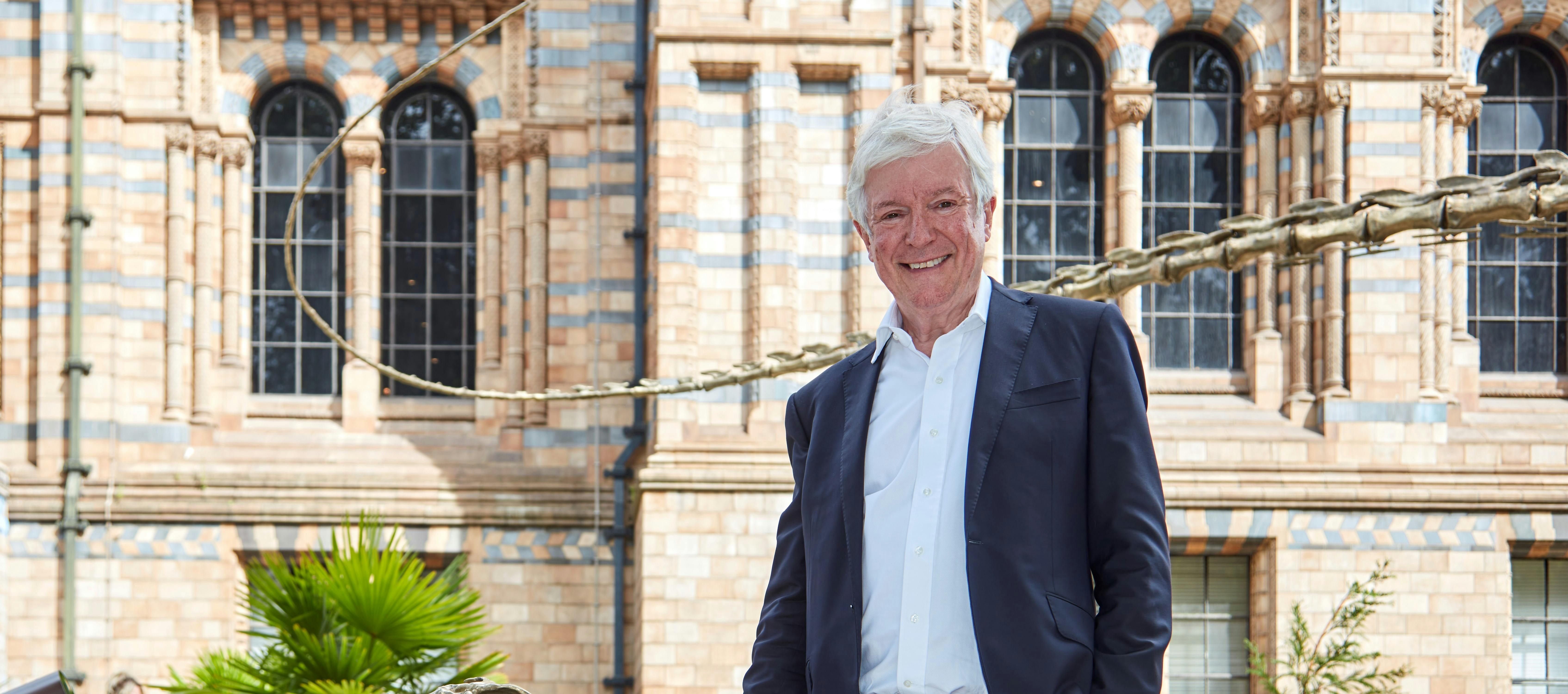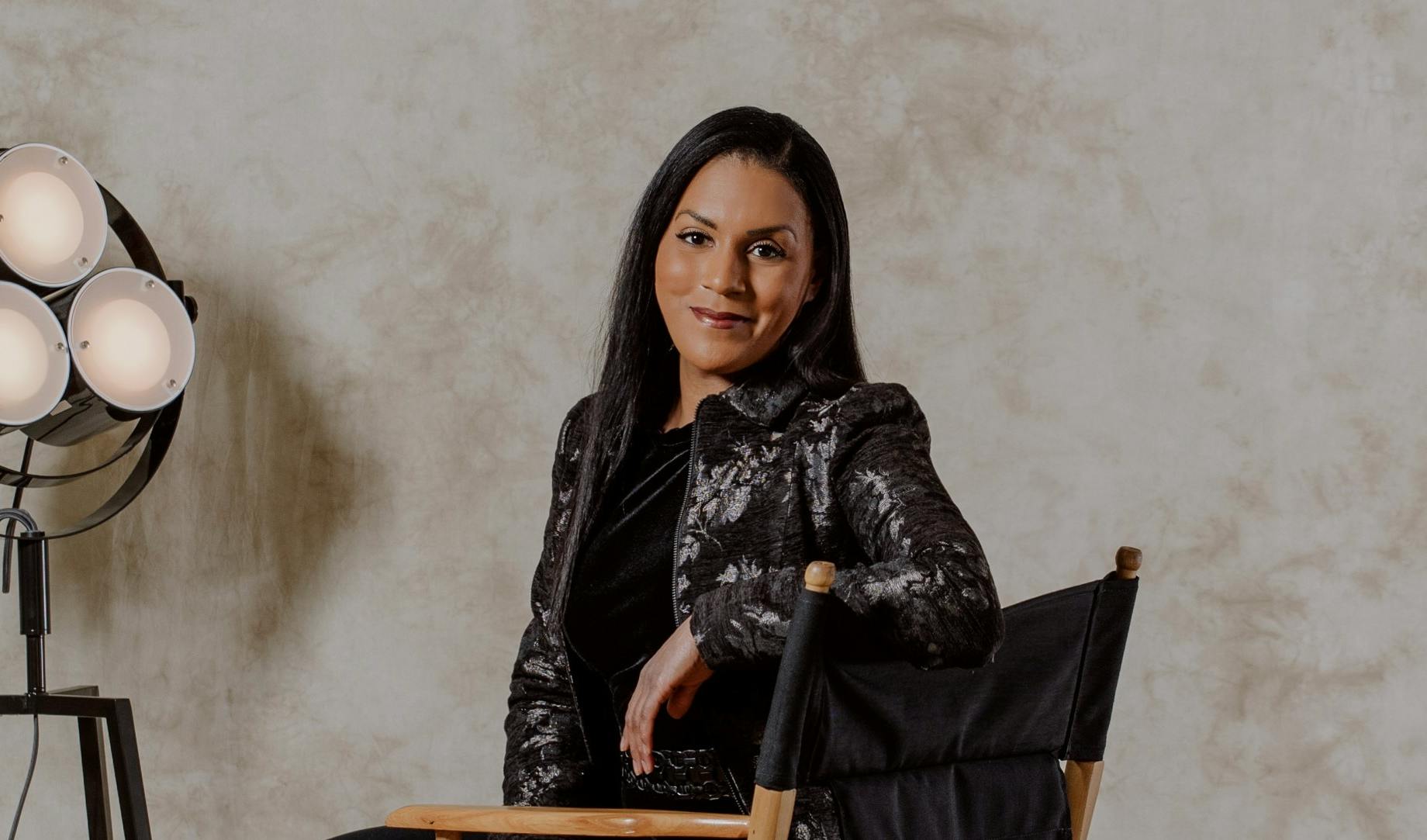
Erik Johnson reveals just how far Inclusion@Lloyd’s has come to drive diversity in the insurance industry and how much further it needs to go
Erik Johnson, Head of Syndicate Management and European Distribution at Pioneer Underwriters, unpicks the challenges surrounding improving diversity and inclusion in the insurance sector
Erik Johnson is fully immersed in the insurance industry. He is Head of Syndicate Management and European Distribution at Pioneer Underwriters; National Forum officer of the Chartered Insurance Institute; a founding board member of Inclusion@Lloyd’s; and a steering committee member of iDawn, the Insurance Disability, Ability & Wellbeing Network, which works to improve mental health and disability inclusion within the insurance sector. To say that he is committed to improving diversity and inclusion is an understatement. Here he explains how far things have moved on and the obstacles that still need to be negotiated.
How do you balance your supplementary roles with your demanding day job at Pioneer Underwriters?
My boss is fantastically supportive. For instance, I sit on the executive of the Insurance Institute of London and the Inclusion@Lloyd’s board. I also sit on the National Forum of the Chartered Insurance Institute. He’s very supportive of all of that. As long as it doesn’t impact my work and can even be complimentary to my work, Pioneer is very supportive.
How did you get involved in Inclusion@Lloyd’s?
I used to work at Lloyds in their strategy team. At the time there was a bit of talk in the industry about the lack of diversity of talent. So, my boss at the time and I decided to put the topic of diversity on the board agenda for the strategy away day. We came up with some possible solutions and one of them was to create a cross Lloyd’s market committee tasked with looking at the problems and coming up with solutions, and out of that came Inclusion@Lloyd’s.
What does Inclusion@Lloyd’s do?
When it started, I don’t think anyone appreciated what Inclusion@Lloyds would turn into. Very quickly, about three months after it was formed, Lloyd’s got a new CEO, Inga Beale. She was the first female CEO of Lloyd’s and she really helped drive that agenda forward, so the momentum got a bit of a boost. We were able to hire an external consultant and we created the Dive In festival, which is an annual global festival for diversity and inclusion in insurance.
Inclusion@Lloyd’s offers practical best practice guidance documents for the industry to use to improve diversity and inclusion, as well as running workshops for executives throughout the year.
We’ve also created a diversity and inclusion charter, which asks companies to sign up to some best practice principles, much like the Inclusive Behaviours in Insurance pledge. Now we are looking at what we do next with the charter and pledge and we are considering how to bring them to life, because signing up is the easy part.
How do you get organisations to move from pledging to actually taking action?
Well it’s interesting. This summer the Lloyd’s market undertook the first Lloyd’s market culture survey, which gave Lloyd’s some pretty bad press around sexual harassment and drinking. That survey resulted in some interesting findings and Inclusion@Lloyd’s, as well as Lloyd’s overall, is now being tasked with coming up with some concrete action plans that will actually drive better behaviour across the market.
Lloyd’s is going to run that survey every year to see whether we are making progress. The Lloyd’s market is also being asked to confirm that they have policies in place to address inclusion, diversity, and behaviour. Going forward, I also see a bigger emphasis on measuring diversity, inclusion, and culture by companies in the market.
Signing up to a pledge is great, but we need to be able to measure what’s changing. I see a time where either a regulator or Lloyd’s is asked as an industry to start collecting more data and doing something with it. There is a lot of variation in terms of what data companies collect and similarly what they use it for. There is still work to be done on that in insurance.
Without those measurements, can you say that Inclusion@Lloyd’s has been successful?
We can’t clearly measure the impact of Inclusion@Lloyd’s, because we didn’t have baseline data to begin with. What I can say is that when we launched the Dive In festival five years ago it was a challenge to get companies to want to get involved and pay for it and it was just London-based. This past year, Dive In was inundated with companies wanting to run events around the world, to the point where we almost needed to say we don’t have the bandwidth or the admin to actually run that many events, which is fantastic!
We now have more people wanting to fund and host events than we can probably handle, so people are definitely talking about diversity and inclusion a lot more in insurance. There are also many more inclusion and diversity managers and employee resource groups within companies, with inclusion also being a topic covered in the trade press and at conferences much more now. Whether this has all led to real change when it comes to move diversity and more inclusive cultures, I don’t know yet, but people are certainly aware of the issues now.
What are the challenges when it comes to specifically driving inclusion?
Sometimes I think we focus too much on the strength of our difference, but actually when you start talking to people you realise that you have so much in common.
I always say that familiarity breeds more inclusion, so the more you talk to people you perceive are different the more you realise, well actually they are not that strange, they are just normal people who have kids, who have families who worry about their dogs, who commute, etc. So, at Inclusion@Lloyd’s we have an initiative where we bring together a bunch of diversity networks to get them to do more together and break down those barriers. We don’t want people just talking to ‘themselves.’
And now for some quick-fire questions…
What do you put your own success down to?
I step up to help. So, if I see a problem, I usually step up to try and fix it. I think people see me as someone who will get things done.
What’s your favourite book?
Rise to Greatness: The History of Canada From the Vikings to the Present by Conrad Black – I like economics and history books!
Do you have a favourite quote?
It’s not really a favourite one, but it’s a funny one that I always remember. I once heard someone say at an event: “Sometimes people’s minds are so open their brains have fallen out.” It made me laugh out loud!
What’s your favourite holiday destination?
Mexico
What do you to relax?
Pilates
What’s your favourite app?
Citymapper
If you are looking for non-executive director roles, Nurole's innovative recruitment platform can help.





